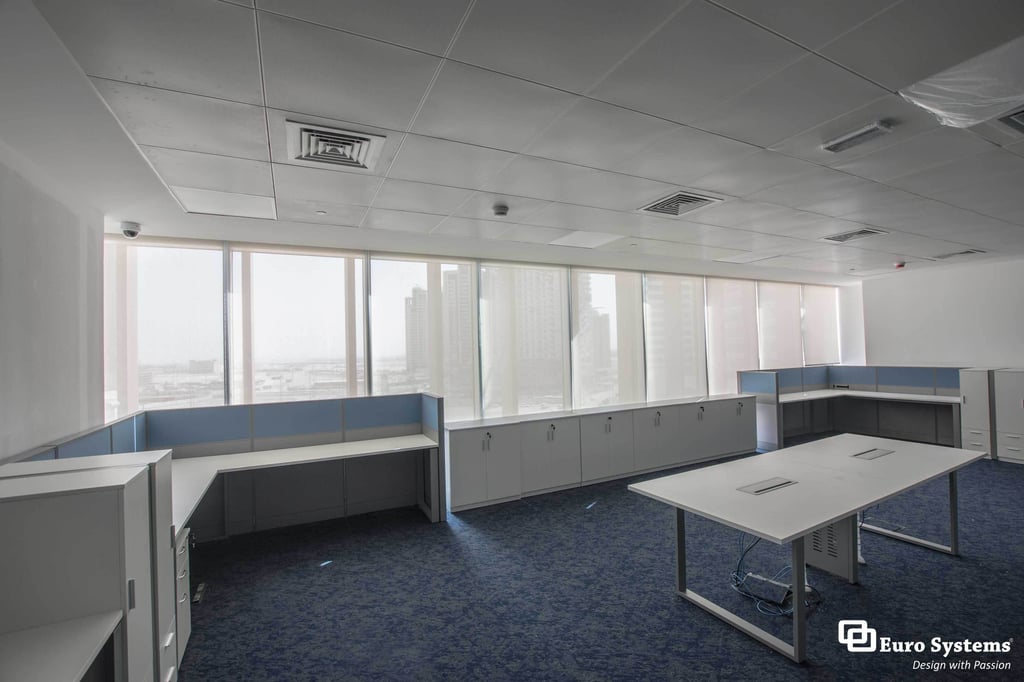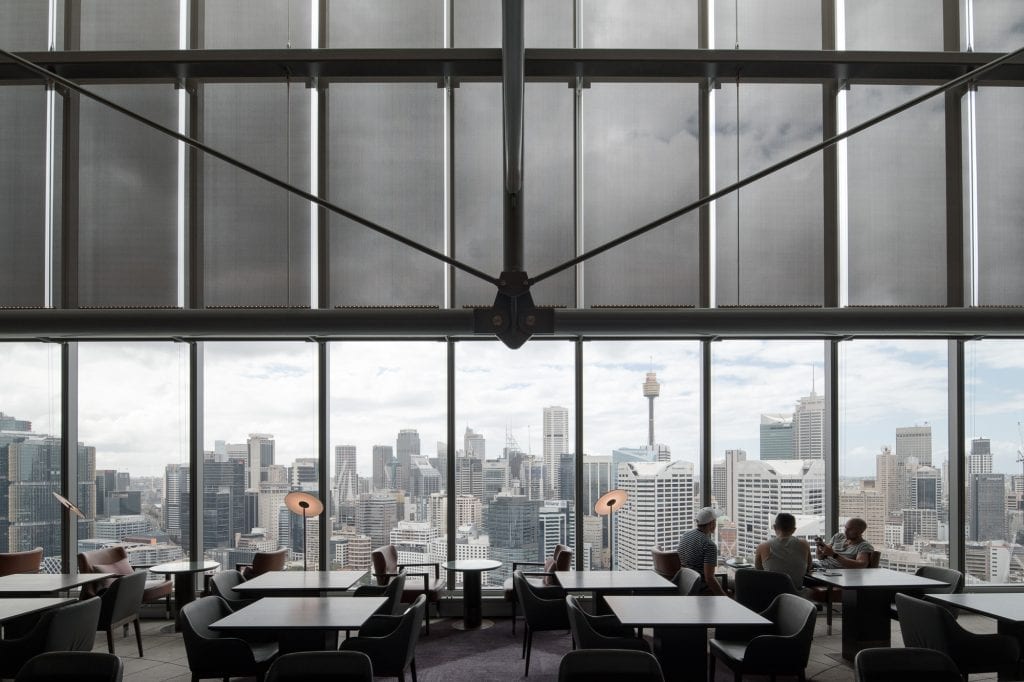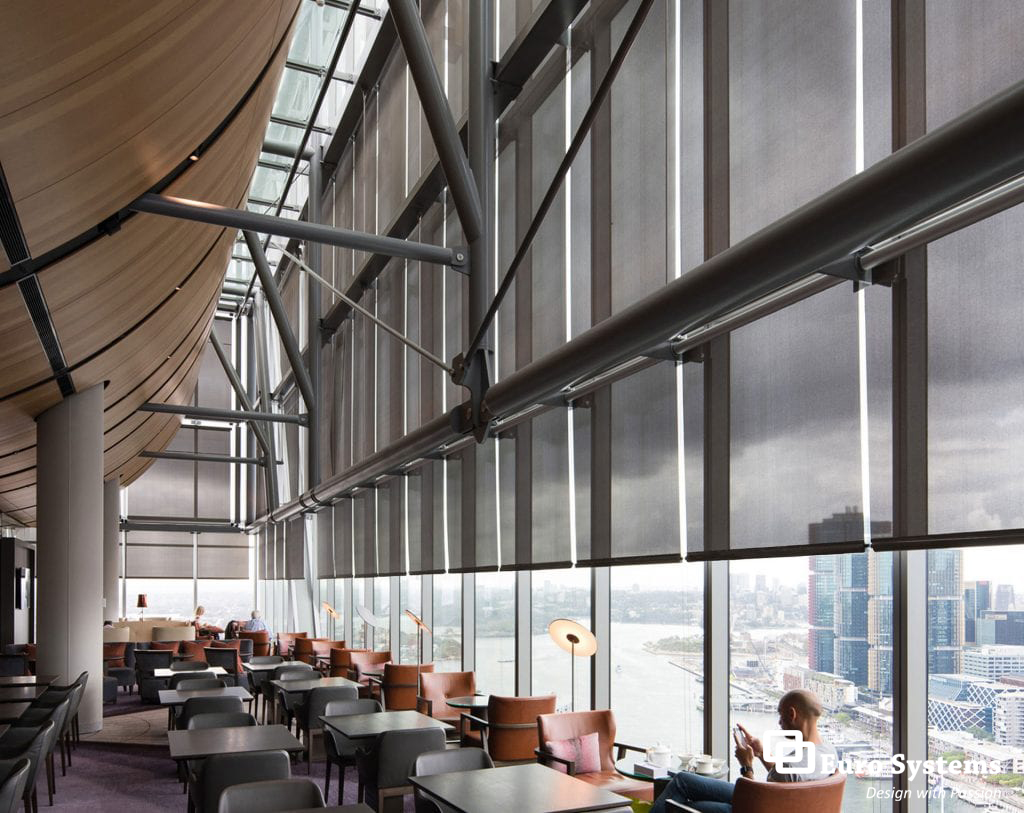High-rise buildings are becoming more numerous for commercial use or even residential applications in the UAE, Qatar & Kuwait. These buildings should adhere to strict standards in terms of quality, energy efficiency and safety for the occupants. Requirements in terms of efficiency should also apply to make existing buildings healthier and more sustainable through the latest local policies and initiatives.
We spend a lot of time at work, and we know that the most complete workspace combines service with the convenience. Overheating really affects people's outcomes, visitors, and clients. Thus, the office should be a great space for entertaining clients and employees. Architects and developers are important contributors in considering the effects of high-rise living and working, as such there have been various research on issues caused by overheating and UV rays.

What causes overheating?
Due to various factors like climate change and usage of glass curtain walling within a building, overheating is recognized as a growing problem in the Middle East. The experience of overheating at work can impact the wellbeing and productivity of the occupants. When the thermal discomfort is due to short high-peak temperatures or prolonged exposure to high temperatures, then a solution to reduce heat and glare is immediately required. Other factors that contribute to overheating include solar radiation that may heat the indoor area when passing through glass and urban heat effects from modern materials in built-up areas.
Impacts of excessive heat:
As a result, overheating has a negative impact on productivity, safety and health of the occupants and it increases cost of a substandard indoor environment in both commercial and residential spaces. Good quality of air and temperature contribute significantly to enhancing working and learning efficiency.
The energy cost will most likely be higher due to more consumption of air conditioning and cooling systems. Thus, if decisions to reduce overheating are not considered and implemented in the design stage, the outcomes will probably be a costly retrofit in the future.
How to Achieve Thermal Comfort
Some building types are more exposed to excessive heat, such as those with fixed windows or designed with large areas of glazing without ventilation. It is very important to take the necessary actions to minimize overheating in offices and homes and therefore reduce energy consumption. The solar radiation can be easily addressed with the appropriate shading system.
The use of interior shades like roller blinds and honeycomb shades is crucial as it ultimately minimize solar rays when the use of low energy transmittance glazing is not enough. These shades will eliminate excessive heat when made of black-out fabrics with a reflective surface facing outwards.
Solar shading like our Solange® specialty shades effectively controls light and heat to create thermal comfort and outstanding interior spaces, keeping the indoor cooler in summer and warmer un winter. This will keep the space thermally comfortable all year round while reducing energy bills and significantly contributing to energy management.

At Euro Systems®, we supply and install a wide range of shading systems including roller blinds, tensioned blinds, layered shades, honeycomb or cellular shades and vertical blinds, along with an intensive array of highly reflective, energy-efficient, and eco-friendly fabrics. Our range of specialty fabrics include blackout /dimout or thermally efficient fabrics which are made from specially formulated materials.
We are a leading supplier of external and internal shading systems with over 15 years of experience, we will help you choose the best shade options available that will provide you with effective light control, thermal insulation and energy savings coupled with durability and reliability.
Contact us to arrange a free consultation and site visit with one of our shading experts.
.png?width=311&height=92&name=Euro%20Systems%20UK%202%20(1).png)

